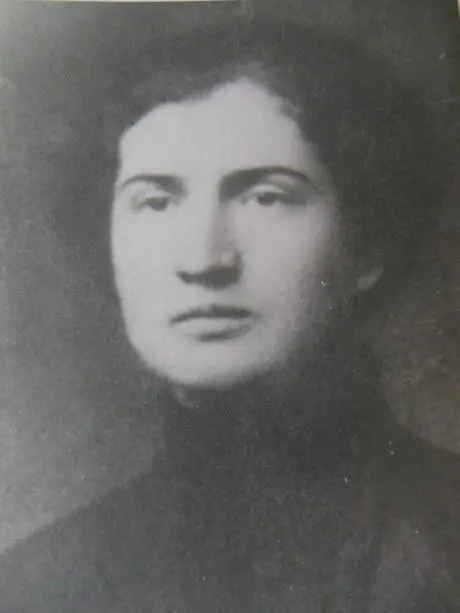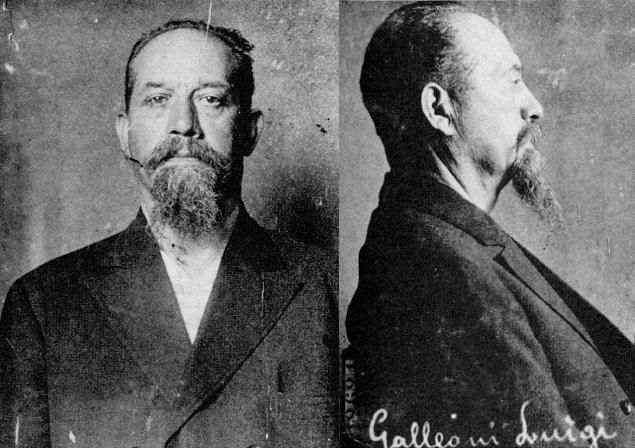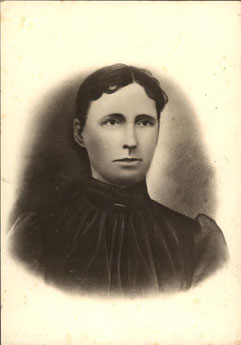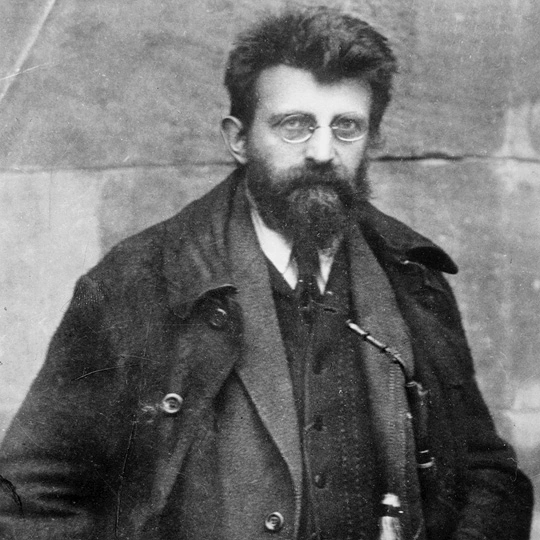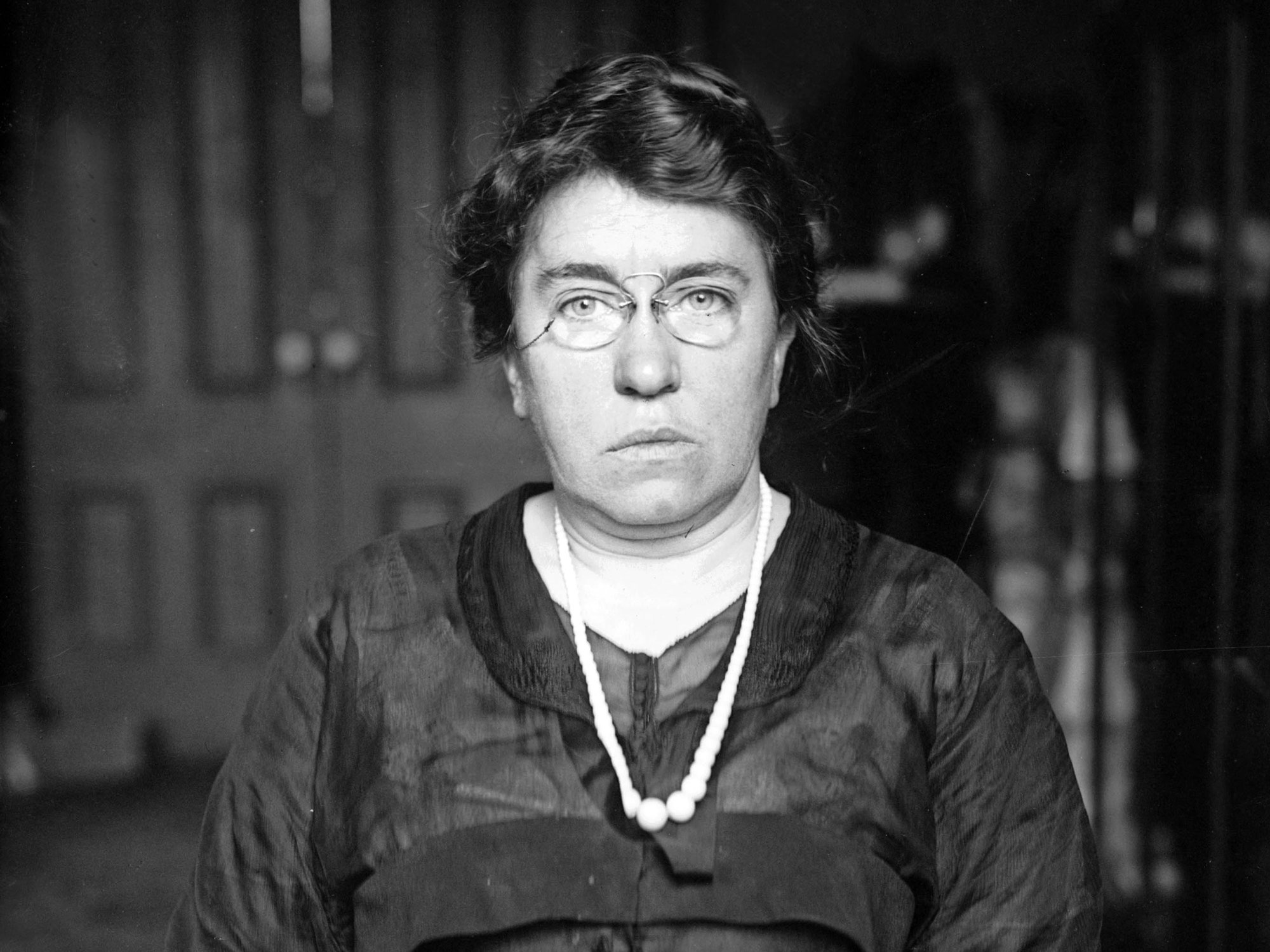On August 12, 1861 was born in Vercelli (Piemont, Italy) the militant, thinker and anarcho-communist propagandist Luigi Galleani, known under various pseudonyms (Gigione, Antonio Valenza, Luigi Pimpino, etc.). Born into a middle-class family, his parents are Clemente Galleani, a primary school teacher, and Olimpia Bonino. As a young man he became interested in politics and in 1881 he enrolled in the Faculty of Law in Torí. In his early years he was a militant in republicanism and garibaldism, collaborating in the democratic newspaper L'Operaio of Vercelli.
In 1885, already anarchist and after abandoning his studies to devote himself to militancy, he founded in Vercelli the newspaper La Boje and collaborated in La Questione Sociale of Torí. After leaving with his family, he directed a workers' league in Vercelli and organized a large number of conferences in various Piedmontese localities.
In 1886 he took an active part in the vaguístic movement of Torí d'aquell, which ended with a harsh police repression. Between 1887 and 1888 he was one of the animators of the full anarcho-socialist La Gazetta Operaiai of Torí and between 1888 and 1889 of La Nuova Gazetta Operaiai. He participated in the III Congress of the Partit Obrer Italià (POI) held in Pavia and collaborated in its organ of expression, Fascio Operaio. In September 1888, in Bologna, during the IV Congress of the POI, he unsuccessfully tried to get the revolutionary and abstentionist line adopted.
In 1889, a year of important workers' agitation and wandering forces, he stood out as an activist and, sought by the authorities, he first went into exile in Switzerland, where he attended the University of Geneva, but he was expelled as an agitator after having organized in that city a tribute to the Haymarket martyrs. Afterwards he went to France, where, as a result of his activities, he was arrested and imprisoned, but he was released thanks to the intervention of the socialist Alexandre Millerand, requested by the libertarian revolutionary Amilcare Cipriani.
In October 1890 he returned to Switzerland and in December of that year he was arrested, along with other companions (Paul Bernard, Giuseppe H. Rovigo, etc.), for having distributed a trilingual anarchist manifesto. Released to the Italian authorities, he was able to benefit from an amnesty.
On January 6, 1891 he participated in the Capolago Congress (Ticino, Switzerland) where he defended Errico Malatesta's thesis of creating an authentic anarchist organization that would embrace the entire Italian peninsula (Partit Socialista Anàrquic). In April 1891, at the International Conference for Workers' Rights, held in Milan, he made a speech against the legalistic tendencies of the workers' movement and presented a motion in favor of the organization of demonstrations for the First of May. In August 1892 he participated as a delegate in the Geneva Congress of the International Workingmen's Association (IWA). At the end of 1892 and the beginning of 1893 he was implicated in the trial for "association of fraudsters" in Genoa, along with 35 other anarchists, and in June he was sentenced to three years in prison.
He was imprisoned in Parma, and soon after he was confined to Pantelleria. There he met his future companion, Maria Ralló, with whom he would have two children. He also made friends with prominent anarchist and socialist militants (Nunzio Valenza, G. D'Ancona, G. Errera, Giovanni Gavilli, Galileo Palla, Emidio Recchioni, etc.). On November 2, 1899 he promoted the publication of the single issue of I Morti, published in Ancona by Alfredo Lazzari and which was an anti-parliamentary and anti-legalist answer to the proposal of a socialist deputy to present to the elections many imprisoned anarchist militants in order to obtain their freedom.
At the end of 1899, after reading this publication, a student, helped by his father, captain of a ship, facilitated the escape of Galleani and his company from Pantelleria and was able to reach Tunisia and then Malta, where, under the false identity of Antonio Valenza, he arrived in Egypt, first in Alexandria and then in Caire, where he made contact with the European libertarian movement. In 1900, after the attack of Gaetano Bresci against King Humbert I, he was arrested, but not extradited.
Then he left for London, where in October 1901 he embarked for the United States. On arrival he replaced, from October 26, 1901, Giuseppe Ciancabilla in the direction of the newspaper La Questione Sociale, which was published in Patterson (New York, USA), a city that had an important presence of Italian immigrant anarchists.
An outstanding lecturer and supporter of direct action and insurrection, in the United States he became one of the most intransigent opponents of the organizational tendency of the libertarian movement. In 1902 he went on a propaganda tour through Vermont and Connecticut. On June 18, 1902 he led the Patterson textile workers' strike; a talented speaker, at a rally in Saals Park, in the Haledon neighborhood of Patterson, attended by 8,000 people, incited the vaguistas to demonstrate their demands and the provocation of a foreman turned the demonstration into a riot.
Martial law was decreed between June 20 and July 2 and the march was suppressed. Fired with a gunshot wound, he had to escape from detention by going to Mont-real (Quebec, Canada). He returned clandestinely to the United States the following year under the name of Luigi Pimpino and settled in Barre (Vermont), where on June 6, 1903 he began to publish the anarcho-communist Italian-language weekly Cronaca Sovversiva, which would be published until 1919. In 1906, with the advice of the chemist and explosives expert Ettore Molinari, he published the booklet La Salute è in voi!, which explained how to make a bomb, but he made a mistake in the transcription of the formula of the nitroglycerin that Molinari had given him and caused more than one explosion to militants who tried to make it; in 1908 he made the pertinent correction that was published in Cronaca Sovversiva.
At that time he maintained a hard controversy with the anarchist advocate and propagandist Francesco Saverio Merlino and with the socialist journalist Giacinto Menotti Serrati, editor of the newspaper Il Proletario of New York; the latter discovered his true identity to the North American authorities and was arrested and extradited to Paterson where he was tried in April 1907 and acquitted. In 1912 he moved to Lynn (Massachusetts) where he continued his propaganda work. During the Great War he criticized the interventionist anarchists and organized a large number of meetings against the war and against compulsory conscription.
In 1914 he published Faccia a facciao col nemico. Between 1914 and 1919 a wave of attacks carried out by Galleanists was unleashed in the USA (New York, Chicago, Boston, San Francisco, Milwaukee, Washington, etc.) and the North American authorities decided to put an end to the instigator of the movement. After the suspension of Cronaca Sovversiva on July 18, 1918 -according to the Law of October 1917 that obliged all the newspapers in non-English language to carry the translation of the articles about the war-, the publication of some clandestine issues until March 1919 and the confrontations that started during the celebration of the First of May in New York, he was arrested and on June 26, 1919 he was extradited according to the "Anarchist Exclusion Act" and the "Sedition Act" of 1918, with other companions, to Italy, where he arrived in July in Gènova. Establishing in Torí, with Raffaele Schiavina (Max Sartin), who had also been expelled from the U.S.A., I reprised the edition of Cronaca Sovversiva, publishing 19 numbers between January 17 and October 2, 1920. Also in 1920 and in Torí, it published A Stormo, the manager of which was Pietro Rayneri, a newspaper of which 4,000 copies were published destined to the USA.
On October 28, 1922 he was sentenced by the Court of Torí to 14 months in prison for a press crime. On January 1924 he was released, but his health was damaged. Constantly watched by the feixist police, he did not have the strength to go to France as many of his companions did. In 1925 he published La fine dell'anarchismo? In November 1926, after Anteo Zamboni's attack against Benito Mussolini, he was arrested and confined to Lipari for three years. During his confinement in this Tyrrhenian village he was again sentenced to nine months in prison for having insulted the Duce.
In February 1930 he was released and his companions Pasquale Binazzi and Zelmira Peroni took him to their residence in Caprigliola, where he was constantly watched by the fascist authorities. Luigi Galleani died of a heart attack on November 4, 1931 in Caprigliola (Tuscany, Italy). In November 1933, on the second anniversary of his death, the anarchist group "I Liberi" of New London (Connecticut, USA) published a single issue of Cronaca Sovversiva in his honor. In 1935 his work Aneliti e singulti was published posthumously.
Megathreads and spaces to hang out:
reminders:
- 💚 You nerds can join specific comms to see posts about all sorts of topics
- 💙 Hexbear’s algorithm prioritizes comments over upbears
- 💜 Sorting by new you nerd
- 🌈 If you ever want to make your own megathread, you can reserve a spot here nerd
- 🐶 Join the unofficial Hexbear-adjacent Mastodon instance toots.matapacos.dog
Links To Resources (Aid and Theory):
Aid:
Theory:

